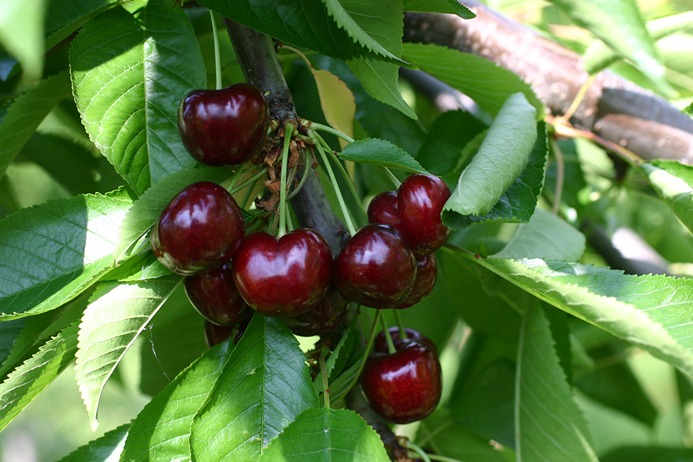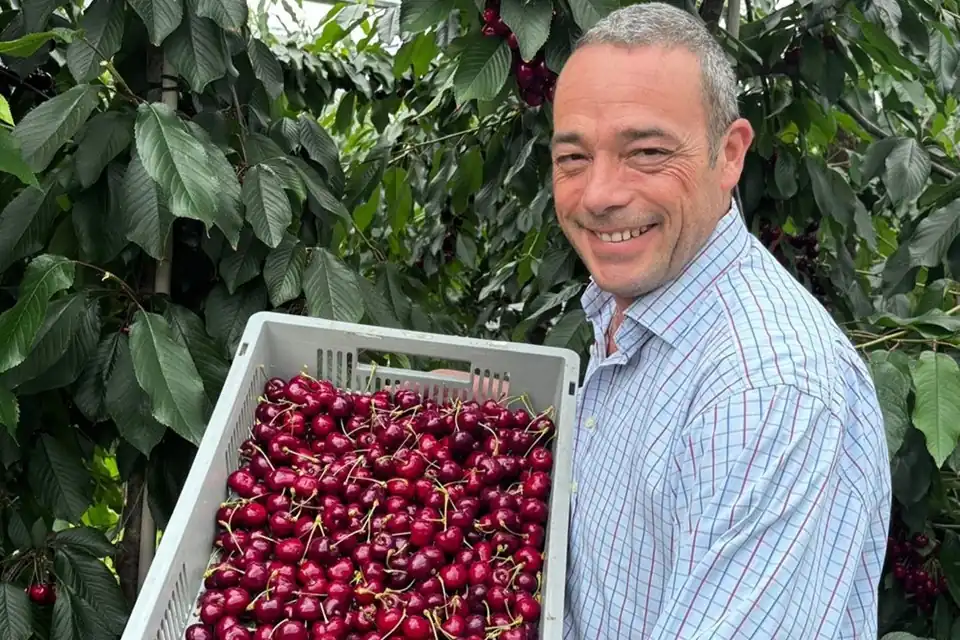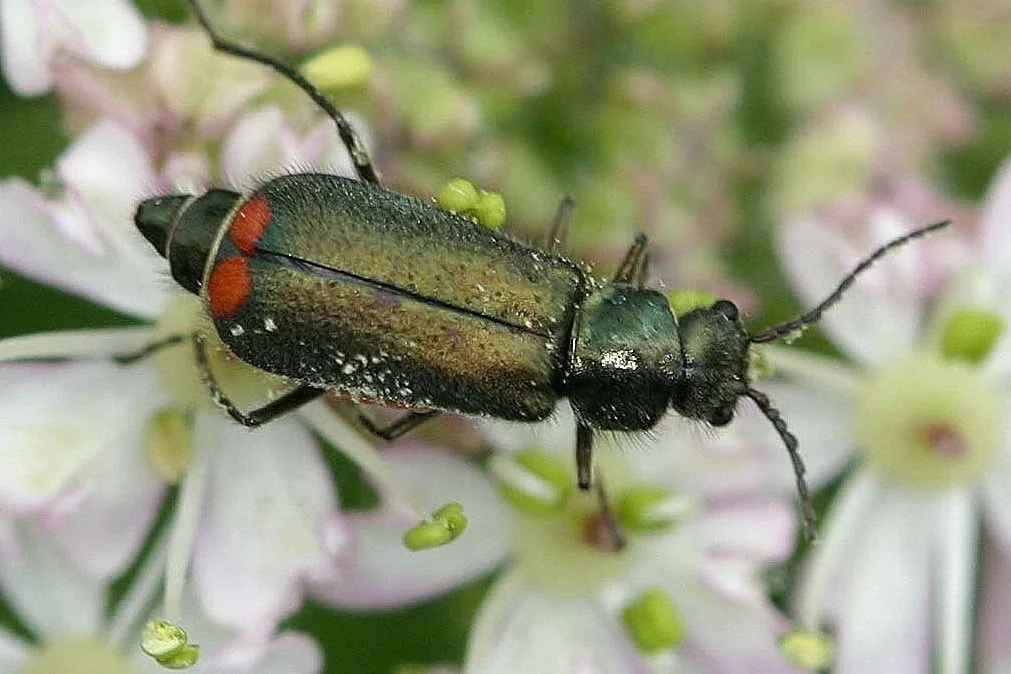As spring approaches in the southern hemisphere, the cherry trees are ending their phase of dormancy. The general director of the Argentine Chamber of integrated cherry producers (CAPCI), Aníbal Caminiti, told FreshFruitPortal.com that the fruit set has been confirmed in the orchards of Mendoza.
“The fruits are forming and are turning a reddish color in some early varieties,” he said. He added that the favorable climate throughout the country has had a positive impact on the crops. “We have had a significant accumulation of chilling hours. The Patagonia region exceeds by 15% the cold accumulation of the last six years.”
He added that by June, chilling hours had already accumulated for most of the varieties. The remaining varieties reached full bloom between September 16 and 17.
Caminiti explained that the Royal varieties group in Mendoza is nearing full bloom and that the Royal Down orchards will be the last of this group. “So far, the season has advanced by about 5-10 days in all regions. Therefore, an early harvest season is anticipated,” he added.
In the initial region of Rio Negro, varieties such as Nimba and Pacific Red are expected to be harvested in the last week of October, with the Royal group following in the first week of November. Caminiti also added that Chubut should reach full bloom between September 21 and 25, followed by the more southern regions.

Caminiti commented that to ensure good productivity and a proper fruiting process, it is highly satisfactory to meet the required chilling hours, but other variables, such as thermal temperature, must also be considered, as it needs to accumulate degree-days to meet the different phenological phases. “And this year, it's happening quite well,” he said.
“This year, we’ve had frosts as is usual in Patagonia. We have already had 11 controlled frosts, with temperatures ranging from 30°F to 26°F (from -1°C to -3°C). But during the day, the temperature rises, so the whole phenological process is progressing very satisfactorily,” he explained.
The very early fruits of Mendoza ripen at similar times to those in the Ovalle area in Chile, around week 42, Caminiti noted. He indicated that blooming continues in the Rio Negro and Valle Medio areas, where early varieties will begin to be harvested at the end of October.
Regarding exports, the early fruits from Mendoza are destined for the European markets and the UK. But “the early fruit from Rio Negro is destined for the Asian markets by air,” he said. He explained that the early fruit is not destined for the Asian giant because it does not come from pest-free areas.
Read the full article: Fresh Fruit Portal
Image: SL Fruit Service
Cherry Times - All rights reserved











